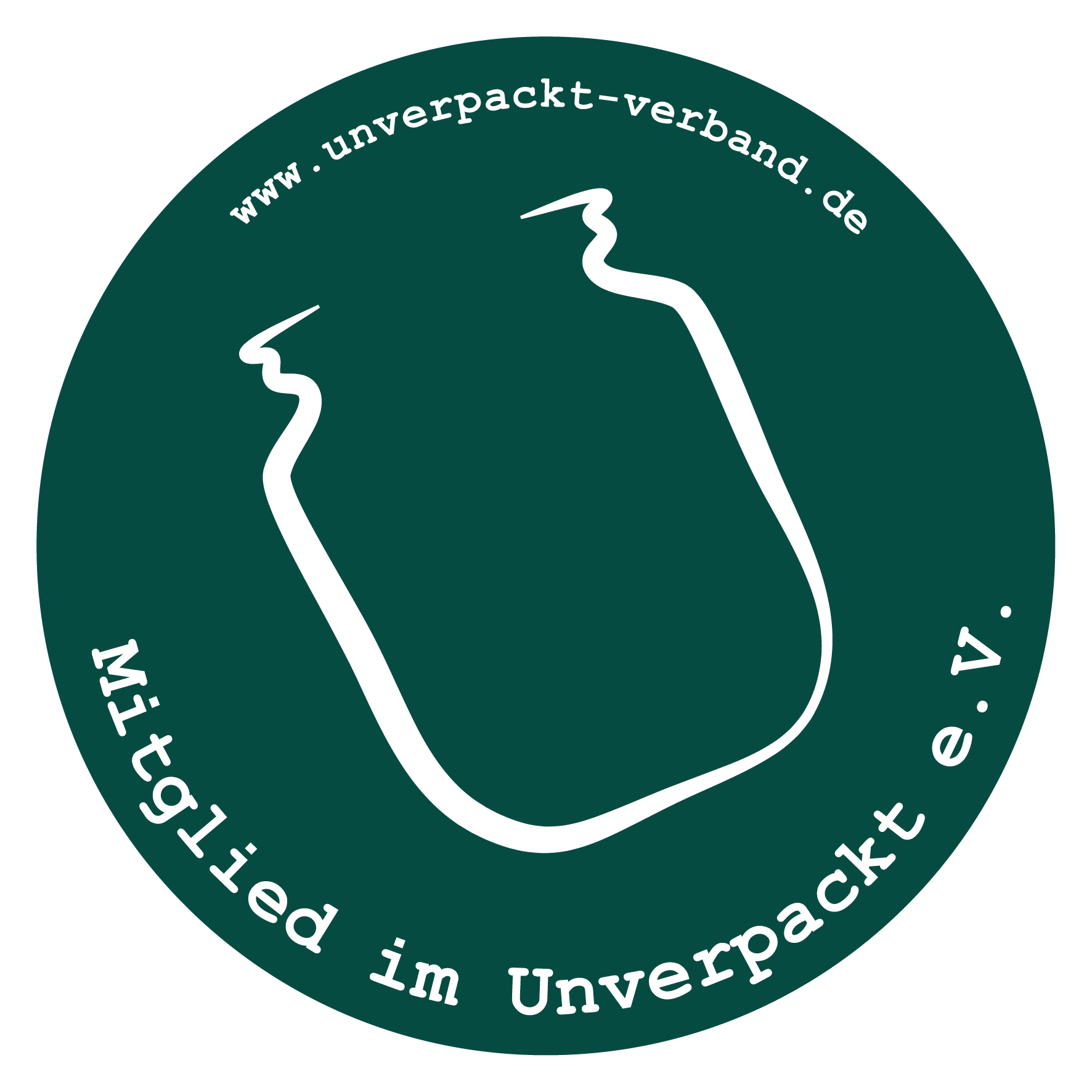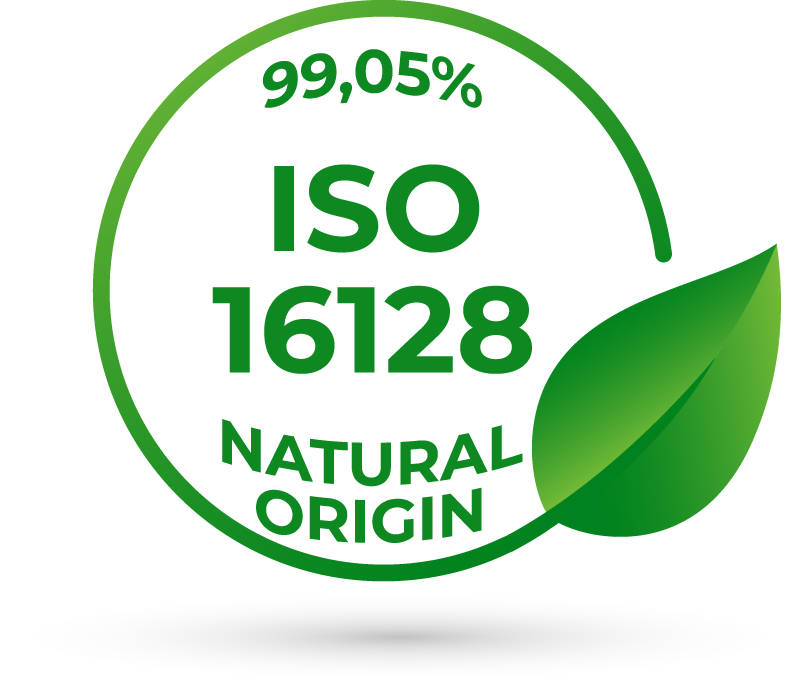Recycling worldwide: How do other countries separate their waste?

Recycling worldwide: How do other countries separate their waste? – A look at international recycling systems
Introduction:
Waste separation and recycling play a crucial role in the global fight against environmental pollution and the waste of resources. Many countries have developed different approaches to efficiently separate and recycle waste. While Germany is often considered a pioneer for its advanced waste separation, there are numerous countries around the world that have implemented innovative systems to minimize waste and promote recycling. In this article, we take a look at the recycling systems in Japan, Sweden, the USA and South Korea and show how waste separation is handled differently around the world.
Japan: Waste separation as a cultural duty
Japan is known for its discipline and cleanliness, and this is also reflected in waste separation. Waste separation is seen as a social duty in Japan and is deeply rooted in the culture. Even children learn at school how important it is to sort waste correctly.
Meticulous waste separation and high recycling rates
Japan produces around 144,000 tons of waste every day – one of the highest waste production rates in the world. Despite this enormous amount, the country has developed a sophisticated waste separation system. Households have to separate their waste into different categories such as plastic, paper, glass, metal and combustible waste. This strict separation ensures that the majority of waste can be recycled.
Strict regulations and social control
There are no garbage cans outside houses in Japan. Instead, citizens take their waste to central collection points. Strict regulations and social control by neighbors ensure that waste is separated correctly. Misconduct can be punished with fines.
Avoiding waste in everyday life
Japanese people have got into the habit of taking their garbage home with them instead of disposing of it in public – a habit that emerged after the poison gas attack in Tokyo in 1995, when many public garbage cans were removed. This practice not only helps to reduce waste, but also ensures that Japan’s streets are exceptionally clean.
Sweden: Waste as a source of energy
Sweden is known worldwide for its advanced recycling and waste management. In addition to waste separation, the country has developed a “waste-to-energy” system that uses waste to generate energy.
Waste incineration for energy generation
Around 50 percent of Sweden’s waste is incinerated in modern incineration plants that supply households with electricity and heat. Around one million households receive heat, while 250,000 households are supplied with electricity. This technology not only reduces dependence on fossil fuels, but also reduces the amount of waste that ends up in landfills.
Efficient waste separation as a prerequisite
Careful waste separation is essential for this system to work. Waste is sorted into combustible, compostable and non-combustible materials. Many Swedish cities have recycling centers where citizens can drop off their waste free of charge. In addition, Sweden relies on innovative solutions such as underground pipe systems that transport waste using compressed air.
Waste avoidance through product repairs
Sweden also promotes the repair of products in order to extend their lifespan and reduce waste. Tax breaks for repairs provide a financial incentive to repair defective products instead of throwing them away.
USA: Heterogeneous waste separation – a patchwork system
In the USA, there are no uniform national regulations for waste separation. Instead, the rules vary from state to state, resulting in a “patchwork” of different recycling systems.
Different regulations in the states
Waste separation in the USA is heavily dependent on the local authorities. While California, especially San Francisco, has strict regulations and is considered a pioneer, there are hardly any recycling requirements in other parts of the country. California is pursuing ambitious zero-waste targets, while other states have implemented only a few waste separation measures.
California as a recycling pioneer
California has set itself the goal of sending no more waste to landfill by 2030. In San Francisco, the recycling rate is already over 90 percent. Strict laws such as the ban on plastic bottles and financial incentives motivate citizens and companies to minimize their waste and dispose of recyclable materials correctly.
South Korea: High-tech in the fight against food waste
South Korea is another country that impresses with its innovative recycling methods. South Korea has made impressive progress in the area of food waste in particular. Around 40 percent of daily waste here consists of food scraps, and the country uses modern technologies to reduce this waste.
Technology-based waste separation
Since 2013, South Korea has been using RFID technology to measure the volume of food waste. Citizens pay according to the “pay-as-you-throw” principle: the more waste they produce, the higher the fee. This method has drastically reduced the amount of food waste and increased the recycling rate to around 95%.
Strict waste separation and incentive systems
In South Korea, special, chargeable waste bags are mandatory, in which waste is disposed of separately. These incentive systems mean that citizens produce less waste and at the same time separate recyclables correctly. The strict rules and fees for improper disposal help to further increase awareness of recycling.
Conclusion: Recycling worldwide – many paths, one goal
Whether in Japan, Sweden, the USA or South Korea – each country has developed its own approach to waste separation and recycling, which is adapted to the respective cultural, economic and geographical conditions. All nations share a common goal: to protect the environment and make the best possible use of resources. While Sweden uses waste to generate energy, South Korea relies on high-tech solutions to reduce waste, and California is pursuing ambitious zero-waste targets. The global trend is clearly moving towards a more sustainable future – and recycling plays a central role in this.









